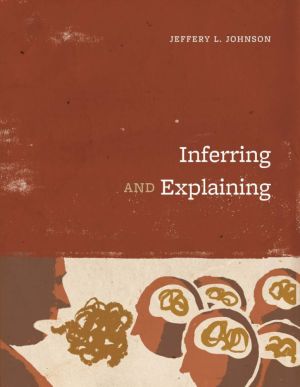Inferring and Explaining
by Jeffery Johnson
DescriptionTable of ContentsDetailsHashtagsReport an issue
The book further assumes that a particular model of evidence - Inference to the Best Explanation - not only captures the essence of (good) evidence but suggests a very practical, and pedagogically useful, procedure for evidence evaluation. The book is intended primarily for two sorts of introductory courses. First and foremost are courses in critical thinking (or informal or practical logic). In addition, however, the book has application in more general courses (or major sections of courses) in introductory philosophy. 






Book Description
Inferring and Explaining is a book in practical epistemology. It examines the notion of evidence and assumes that good evidence is the essence of rational thinking. Evidence is the cornerstone of the natural, social, and behavioral sciences. But it is equally central to almost all academic pursuits and, perhaps most importantly, to the basic need to live an intelligent and reflective life.The book further assumes that a particular model of evidence - Inference to the Best Explanation - not only captures the essence of (good) evidence but suggests a very practical, and pedagogically useful, procedure for evidence evaluation. The book is intended primarily for two sorts of introductory courses. First and foremost are courses in critical thinking (or informal or practical logic). In addition, however, the book has application in more general courses (or major sections of courses) in introductory philosophy.
This open book is licensed under a Creative Commons License (CC BY). You can download Inferring and Explaining ebook for free in PDF format (4.4 MB).
Table of Contents
Chapter 1
Valuing Truth
Chapter 2
Skepticism
Chapter 3
The Concept of Knowledge
Chapter 4
Arguments
Chapter 5
Inference to the Best Explanation
Chapter 6
New Data and Experimentation
Chapter 7
Semmelweis and Childbed Fever: A Case Study
Chapter 8
Darwin and Common Descent
Chapter 9
Testimony
Chapter 10
Textual Interpretation
Chapter 11
Statistics: Making Sense of the Numbers
Chapter 12
Correlations and Causes
Chapter 13
Capital Punishment and the Constitution
Chapter 14
Evidence, Explanation, and Narrative
Chapter 15
Explanatory Virtue and Truth
Book Details
Title
Inferring and Explaining
Publisher
Portland State University Library
Published
2019
Pages
164
Edition
1
Language
English
PDF Size
4.4 MB
License

Related Books
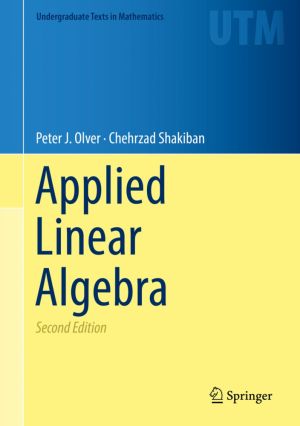
This book develops the essential tools of linear algebra, with the goal of imparting technique alongside contextual understanding. Applications go hand-in-hand with theory, each reinforcing and explaining the other. This approach encourages students to develop not only the technical proficiency needed to go on to further study, but an appreciation ...

This book offers a concise yet comprehensive review of the principles of EU external relations law. By carefully examining the role of the Union on the global scene, it provides a systematic overview of the relevant rules and competences, reflecting on the legal developments in their political and societal context. In addition to up-to-date analyse...

This open book presents practical approaches to managing patients affected by various rheumatological diseases, allowing readers to gain a better understanding of the various clinical expressions and problems experienced by these patients. Discussing rheumatology from an organ systems perspective, it highlights the importance of detailed musculoske...
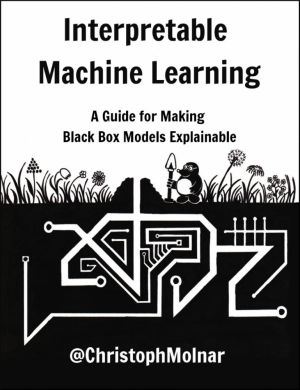
This book is about making machine learning models and their decisions interpretable. After exploring the concepts of interpretability, you will learn about simple, interpretable models such as decision trees, decision rules and linear regression. Later chapters focus on general model-agnostic methods for interpreting black box models like feature i...
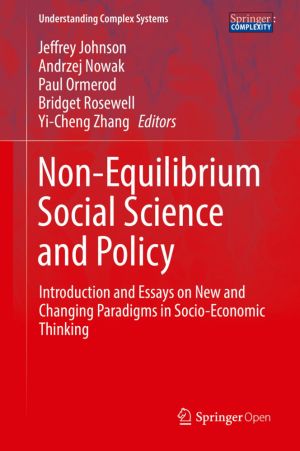
The overall aim of this book, an outcome of the European FP7 FET Open NESS project, is to contribute to the ongoing effort to put the quantitative social sciences on a proper footing for the 21st century. A key focus is economics, and its implications on policy making, where the still dominant traditional approach increasingly struggles to capture ...
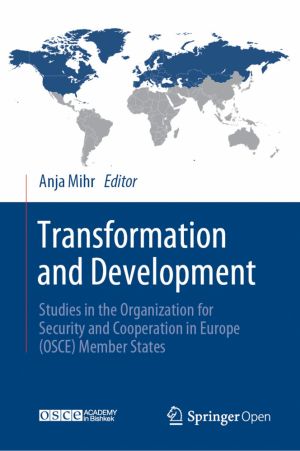
This book features various studies on democratization, transformation, political and economic development, and security issues in the Organization for Security and Cooperation in Europe (OSCE) geographical region and beyond. Written by experts and academics in the fields of human rights, security, transformation and development, particularly in pos...

